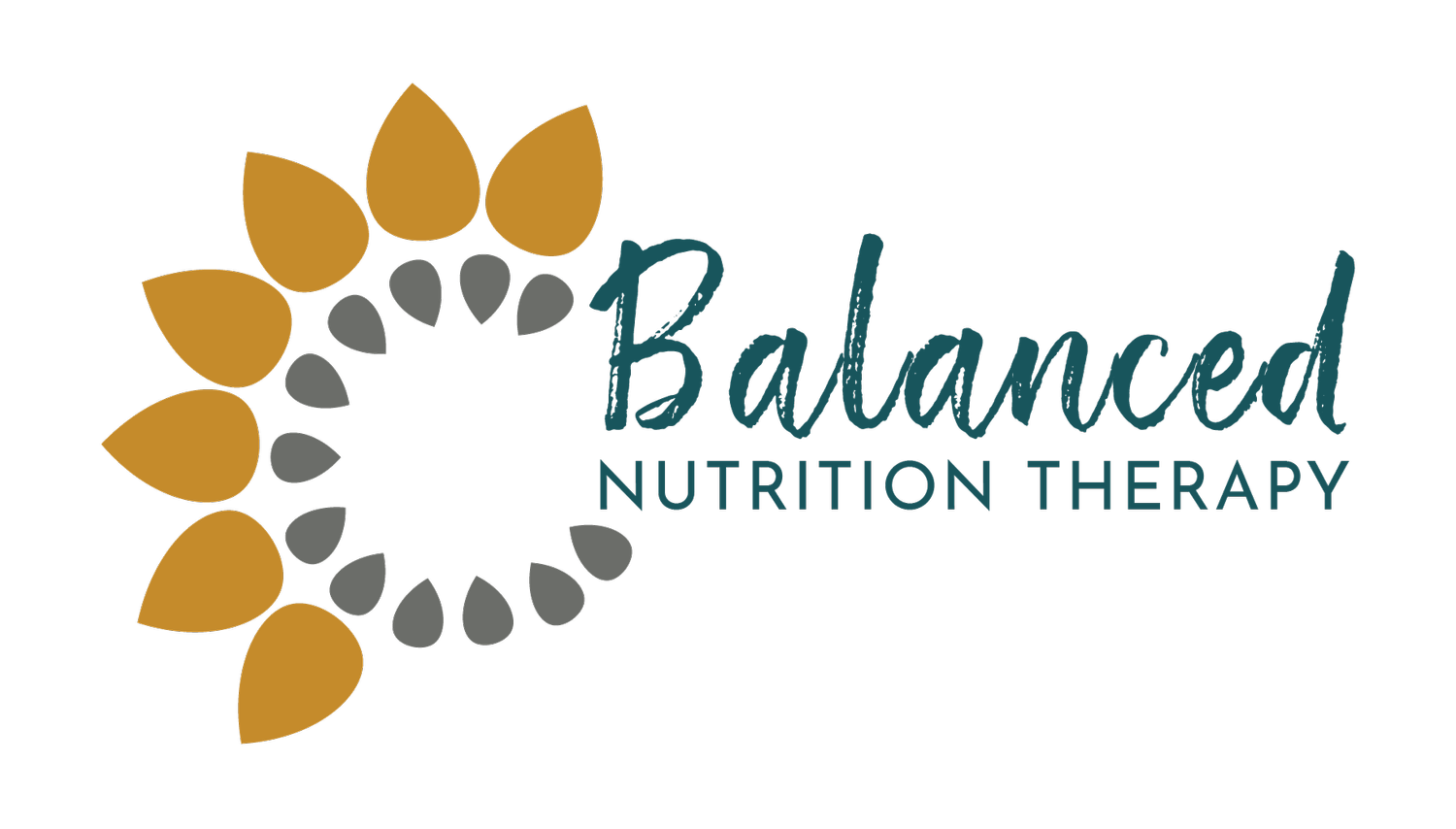Back to School With Recovery in Mind
As the back-to-school season approaches, many parents feel a mix of excitement and anxiety. For families whose children are struggling with an eating disorder, that anxiety can run deeper. Returning to the social pressures of school can introduce new challenges, trigger old patterns, or place additional stress on a recovery process.
Whether your child is returning to middle or high school, starting college, or somewhere in between, your support and understanding can make a huge difference when it comes to navigating the school year.
Start with open, nonjudgmental communication
Before the school year kicks off, create space for honest conversations. You don’t have to have all the answers. Sometimes just being a calm, consistent presence helps your child feel safe and less alone. You can ask questions like:
“How are you feeling about going back to school?”
“Is there anything you’re nervous about when it comes to meals, social situations, or managing stress?”
“How can I support you in your recovery while you’re at school?”
Work together on a flexible routine
Structure can be incredibly helpful for students in recovery, especially when it comes to meals and rest. This doesn’t mean micromanaging every detail. It’s about helping your child feel prepared and empowered, especially in those moments when their eating disorder might try to take the lead. Work together to come up with a plan that aligns with their busy schedule:
What times they can reasonably eat during the school day?
How can you support them to maintain a regular snack/meal schedule on busy days?
Strategies for managing after-school activities and homework without sacrificing self-care
Be aware of common triggers
The school environment can surface all kinds of recovery challenges: peer comparison, body image issues, diet talk, and academic pressures. If your child is returning to a high school or a college dorm, talk through potential triggers like eating in shared spaces like cafeterias or dining halls. Normalize reaching out for support when things feel overwhelming. Pay attention to warning signs such as:
Changes in eating behavior or mood after school
Withdrawal from friends or activities
Increased focus on body image or control
Encourage healthy boundaries around body talk and social media
Sadly, diet culture is alive and well in schools, often disguised as “wellness” or “fitness.” You’re never going to be able to control their environment, but you can help them develop tools to navigate stressful situations that may challenge their recovery. Try offering encouragement by reminding them of the following:
“It’s okay to walk away from conversations that make you uncomfortable.”
“You don’t need to explain or justify your eating habits to anyone.”
“You can unfollow accounts that trigger comparison or guilt.”
Stay connected with professional support
If your child has been working with a therapist, dietitian, or treatment team, now is a great time to revisit that plan. How will sessions continue during the school year? Do adjustments need to be made for their new schedule?
If they’re going off to college, consider helping them find local providers or virtual support. Most schools have counseling centers, reach out early to ask about services related to eating disorders or mental health.
Progress Over Perfection
No school year is free of stress, especially while navigating an eating disorder. Progress isn’t linear and the school year will certainly bring challenges, but it can also bring new opportunities for growth and resilience.
Your consistent and compassionate presence can help to remind your child that they’re not alone and recovery is possible while they navigate all that the new school year brings.
